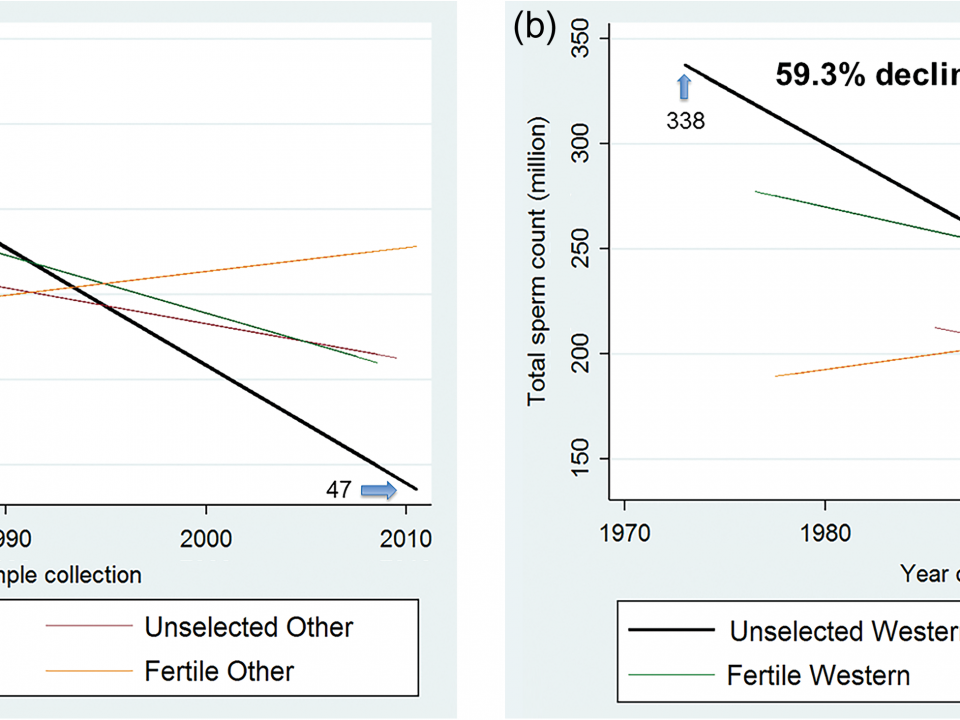Curcumin, the supplement derived from the spice turmeric, has all kinds of interesting properties, such as being anti-cancer and extending lifespan. Both of these together make perfect sense, since cancer is largely a disease of old age; anything that stops cancer will extend life, and vice versa.
Another interesting property is that it may be an effective antidepressant. This isn’t some wild, New Age stuff from people who just don’t like drugs, but is real and is being tested. Curcumin for the treatment of major depression: A randomised, double-blind, placebo controlled study. This study has as one of its co-authors the estimable Michael Maes, one of the preeminent names in biological psychiatry. (He is also the man who has generated many useful insights into the genesis and treatment of chronic fatigue syndrome.) From the abstract:
Background
Curcumin, the principal curcuminoid derived from the spice turmeric, influences several biological mechanisms associated with major depression, namely those associated with monoaminergic activity, immune-inflammatory and oxidative and nitrosative stress pathways, hypothalamus-pituitary-adrenal (HPA) axis activity and neuroprogression. We hypothesised that curcumin would be effective for the treatment of depressive symptoms in individuals with major depressive disorder.Methods
In a randomised, double-blind, placebo-controlled study, 56 individuals with major depressive disorder were treated with curcumin (500 mg twice daily) or placebo for 8 weeks. The primary measure was the Inventory of Depressive Symptomatology self-rated version (IDS-SR30). Secondary outcomes included IDS-SR30 factor scores and the Spielberger State-Trait Anxiety Inventory (STAI).Results
From baseline to week 4, both curcumin and placebo were associated with improvements in IDS-SR30 total score and most secondary outcome measures. From weeks 4 to 8, curcumin was significantly more effective than placebo in improving several mood-related symptoms…Conclusions
Partial support is provided for the antidepressant effects of curcumin in people with major depressive disorder, evidenced by benefits occurring 4 to 8 weeks after treatment.Limitations
Investigations with larger sample sizes, over extended treatment periods, and with varying curcumin dosages are required.
The dose strikes me as being not all that much. This article suggests that doses up to several grams a day are safe.
Curcumin may work in this way by increasing, or preventing the decrease of, levels of BDNF, brain-derived neurotrophic factor.








